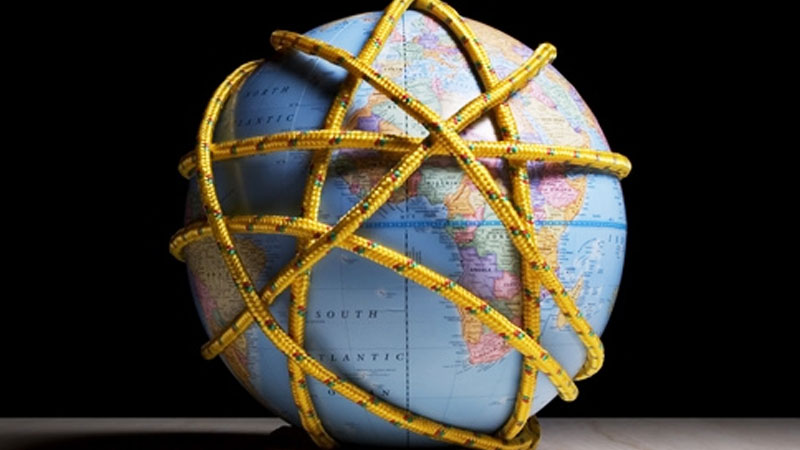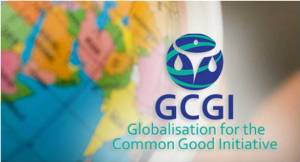Neo-liberal Economic Globalisation: The prioritisation of finance and trade over the welfare of people
When there is no for the common good, then, there is disaster for all

Today’s rise in nationalism, populism, revolts and conflicts is a reaction by different nations in the world against the prevalent neoliberal world order and the inequality, injustice and inhumanity it promotes. Photo:bing.com
“...It was only a few decades ago that globalisation was held by many, even by some critics, to be an inevitable, unstoppable force. “Rejecting globalisation,” the American journalist George Packer has written, “was like rejecting the sunrise.” Globalisation could take place in services, capital and ideas, making it a notoriously imprecise term; but what it meant most often was making it cheaper to trade across borders – something that seemed to many at the time to be an unquestionable good. In practice, this often meant that industry would move from rich countries, where labour was expensive, to poor countries, where labour was cheaper. People in the rich countries would either have to accept lower wages to compete, or lose their jobs. But no matter what, the goods they formerly produced would now be imported, and be even cheaper. And the unemployed could get new, higher-skilled jobs (if they got the requisite training). Mainstream economists and politicians upheld the consensus about the merits of globalisation, with little concern that there might be political consequences.
“Back then, economists could calmly chalk up anti-globalisation sentiment to a marginal group of delusional protesters, or disgruntled stragglers still toiling uselessly in “sunset industries”. These days, as sizable constituencies have voted in country after country for anti-free-trade policies, or candidates that promise to limit them, the old self-assurance is gone. Millions have rejected, with uncertain results, the punishing logic that globalisation could not be stopped. The backlash has swelled a wave of soul-searching among economists, one that had already begun to roll ashore with the financial crisis. How did they fail to foresee the repercussions?
“Arguments against the global justice movement rested on the idea that the ultimate benefits of a more open and integrated economy would outweigh the downsides. “Freer trade is associated with higher growth and … higher growth is associated with reduced poverty,” wrote the Columbia University economist Jagdish Bhagwati in his book In Defense of Globalization. “Hence, growth reduces poverty.” No matter how troubling some of the local effects, the implication went, globalisation promised a greater good.”...
The above are excerpts from an excellent article (Globalisation: the rise and fall of an idea that swept the world) by Nikil Saval, a co-editor of n+1 magazine, which was first published in the Guardian on Friday 14 July 2017, where she brilliantly tells the telling story of the lies of the so-called free trade by debunking neo-classical economics and economists, their lies and falsehoods: Globalisation: the rise and fall of an idea that swept the world
And now to continue further, reflecting deeper, pondering for a bit longer, the pertinent questions surely must be:
What should happen now?
Is globalisation dead and finished?
Where should we be going now?
Is there an alternative to the current neo-liberal economic globalisation?
And finally, Can Globalisation be for the Common Good?
I can put my hand on my heart and say: YES. YES.
To show you why and how this is possible, I need to tell you 'My Globalisation for the Common Good Story'. So please come with me and discover it for yourself:

My Open Letter to the caretakers of neo-liberal economic globalisation
My Open Letter to Mark Carney who has questioned the merits of neo-liberal economic globalisation
